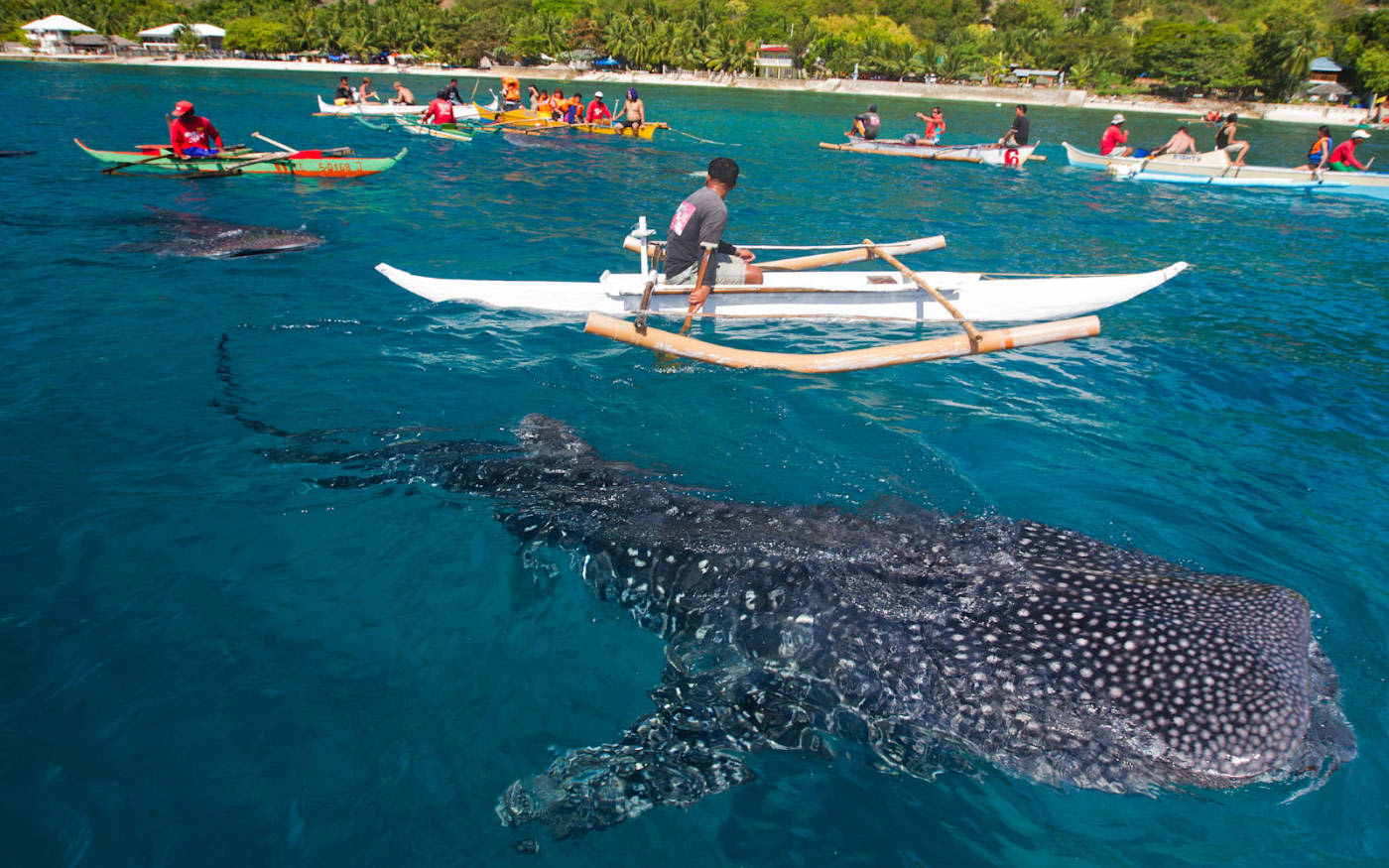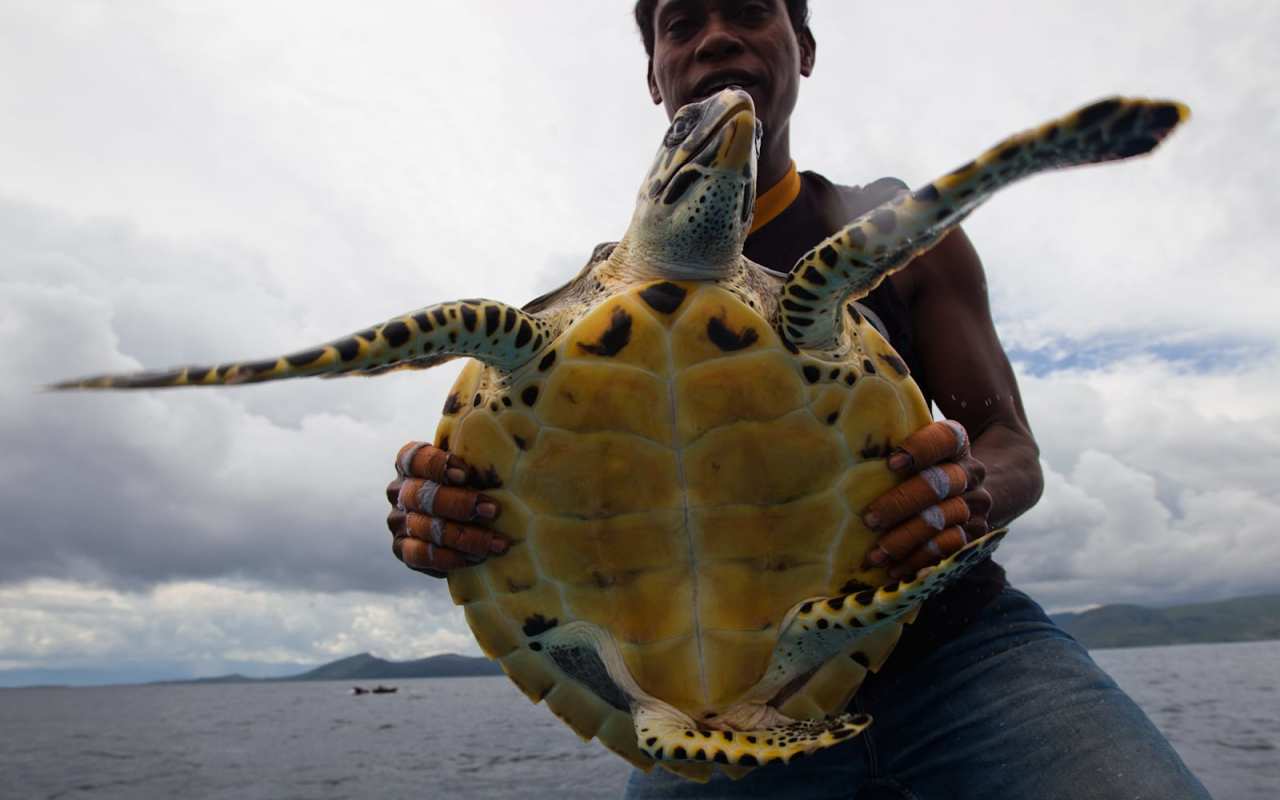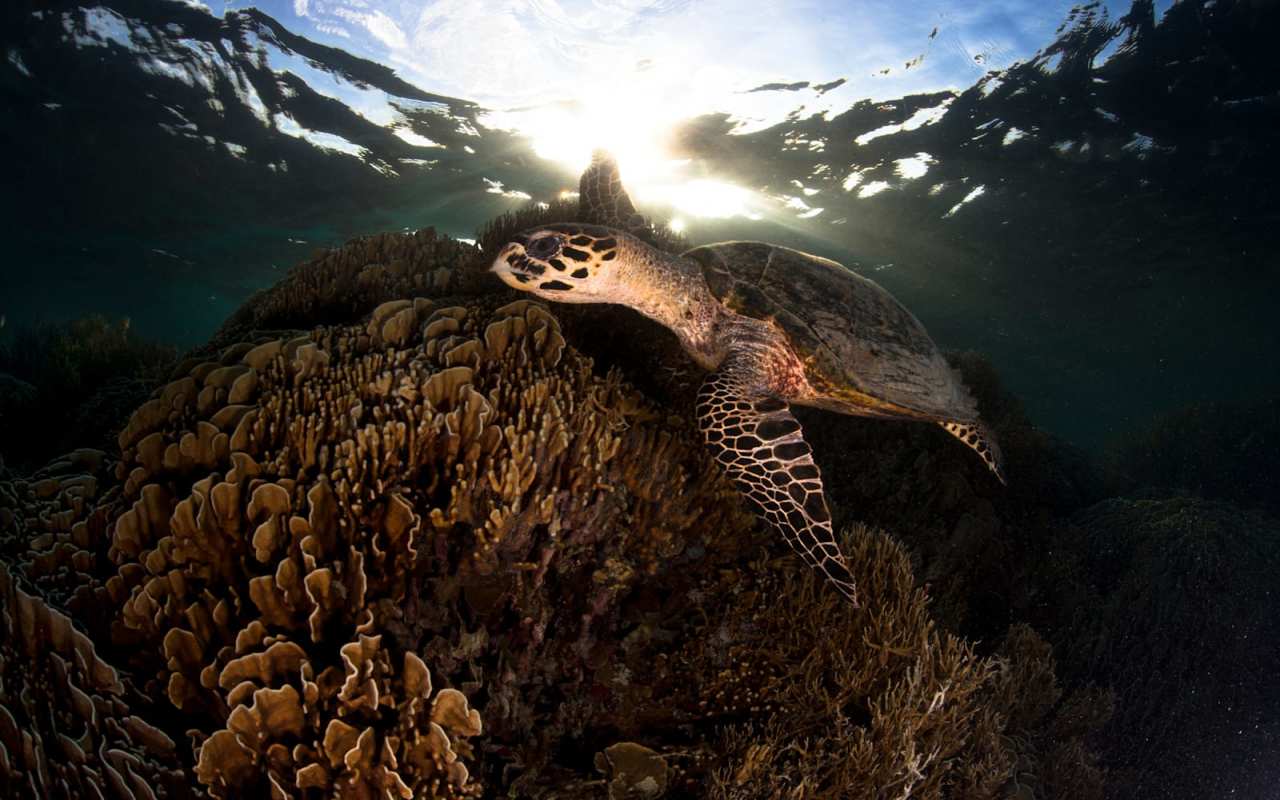A way to protect marine animals instead of monetising them
The ocean is facing catastrophic biodiversity decline. Coastal communities, primarily in developing countries, are lacking incentives to protect marine wildlife and continue to kill endangered species in order to make a living.
In the past it has been difficult to accurately value living marine animals, due to a lack of practical methodology and tools. And, while ecosystem services payments are mainly related to earnings from tourism or fishing activities, the high capital and specialised nature of the tourism industry means that these profits do not necessarily benefit and create value for the traditional stewards of these animals – the coastal community members.
The coastal communities can clearly see the monetary value of fishing and hunting, so they often continue these activities, even if they are outlawed or in marine protected areas. There is a lack of incentives and opportunities to monetise marine animals in other ways.
Ocean Eye is a technological innovation that will not only help put a real monetary value on living marine animals, but also transfer that value directly and securely to coastal communities.
The app will enable people living in coastal communities and working in tourism to make money from sightings of marine animal – this will create a powerful incentive to protect these animals instead of monetising them in the short-term through fishing and hunting.
A small team of ocean lovers and conservation experts developed Ocean Eye during a conservation hackathon in Borneo last summer – the Con X Tech Prize. Challenged by Dr Jane Lubchenco to make MPAs more effective, they were one of 20 finalists, winning a small amount of prize money to help develop a prototype.
Ocean Eye is a mobile phone or tablet application that facilitates small tourism payments for each animal sighted during a trip. This can be low, at around 0.2 cents for frequently sighted animals such as turtles, or high, at up to 20 USD or more for rare animals like a whale shark. The money is then securely and transparently transferred to the community, creating a powerful incentive to keep these animals alive, as opposed to killing them for short-term profit.
The Ocean Eye app will allow marine tourism businesses to protect their assets – the marine life – and increase their credibility as sustainable and ethical operators by working side-by-side with the communities in ensuring a sustainable future for all. The app will also enable them to contribute to citizen science through data collection, and to use their sightings statistics to better plan and promote their own operations.
The Ocean Eye technology will enter field trials later this year and the app will then be available to companies in the marine tourism sector.
In the words of photojournalist, Paul Hilton, who specialises in documenting the trafficking of marine animal products: “This is one of the most promising innovations I have heard of in a long time. I often feel helpless as to how to leverage real change in fishing communities, and Ocean Eye finally offers a clear pathway forwards for conservation.”
Join us in helping make Ocean Eye a reality. Follow our journey on Instagram and get in touch for further collaboration
- This is a guest blog and may not represent the views of Virgin.com. Please see virgin.com/terms for more details.



